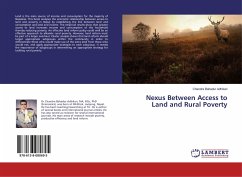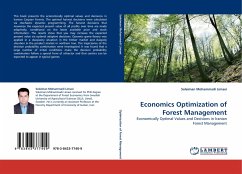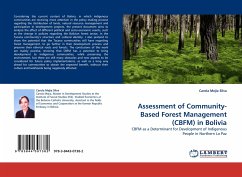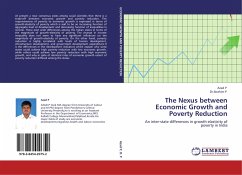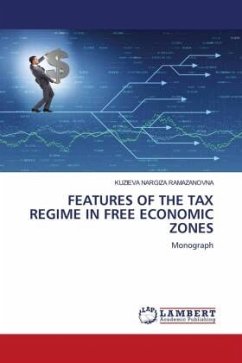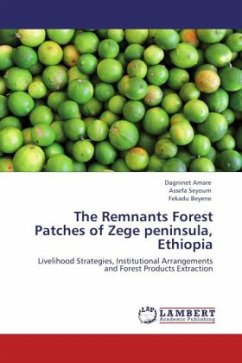The monograph investigates into the poverty and deforestation nexus in the context of co-management of forest. Based on the primary and and secondary data the study tries to explain the causes of forest degradation in the Joint Forest Management regime. The popularity of co-management system (Joint Forest Management in India), during last two decades, to conserve forests has brought a new dimension to the poverty induced deforest debate. The present study theoretically as well as empirically explains the factors that influence the individual decision to indulge in low-yielding forest cutting activities. Based on a survey of 140 households in three forest fringe villages of Chandaka Wildlife Division of Orissa in India, the study reveals that lack of human capital, landlessness and low environmental awareness significantly influence the individual decision to be involved in forest degrading activities. The implementation of JFM or co-management system merely transfers the dependence of local community from one patch of forest to another, unless and until the opportunity cost of rural households.
Bitte wählen Sie Ihr Anliegen aus.
Rechnungen
Retourenschein anfordern
Bestellstatus
Storno


